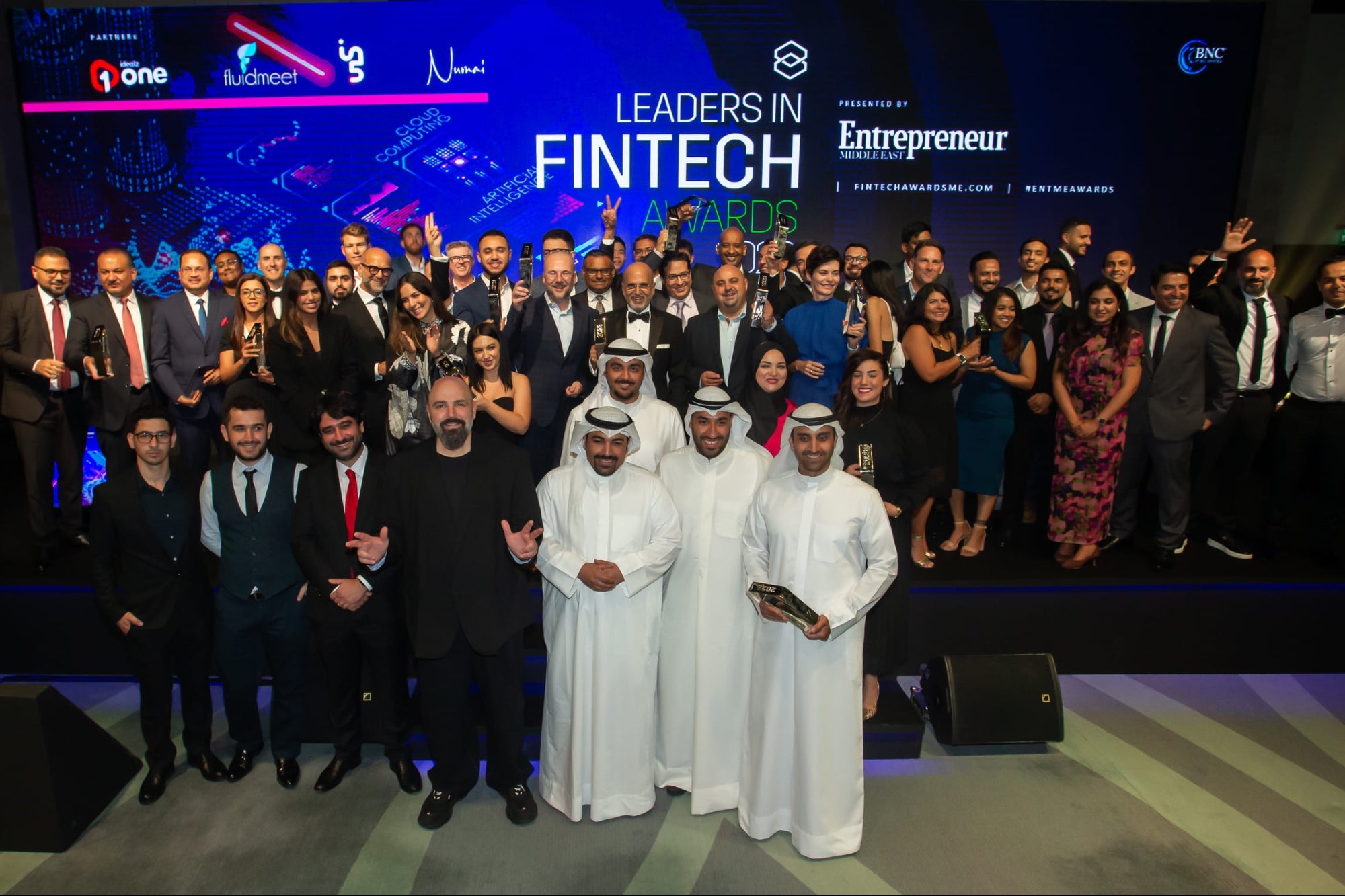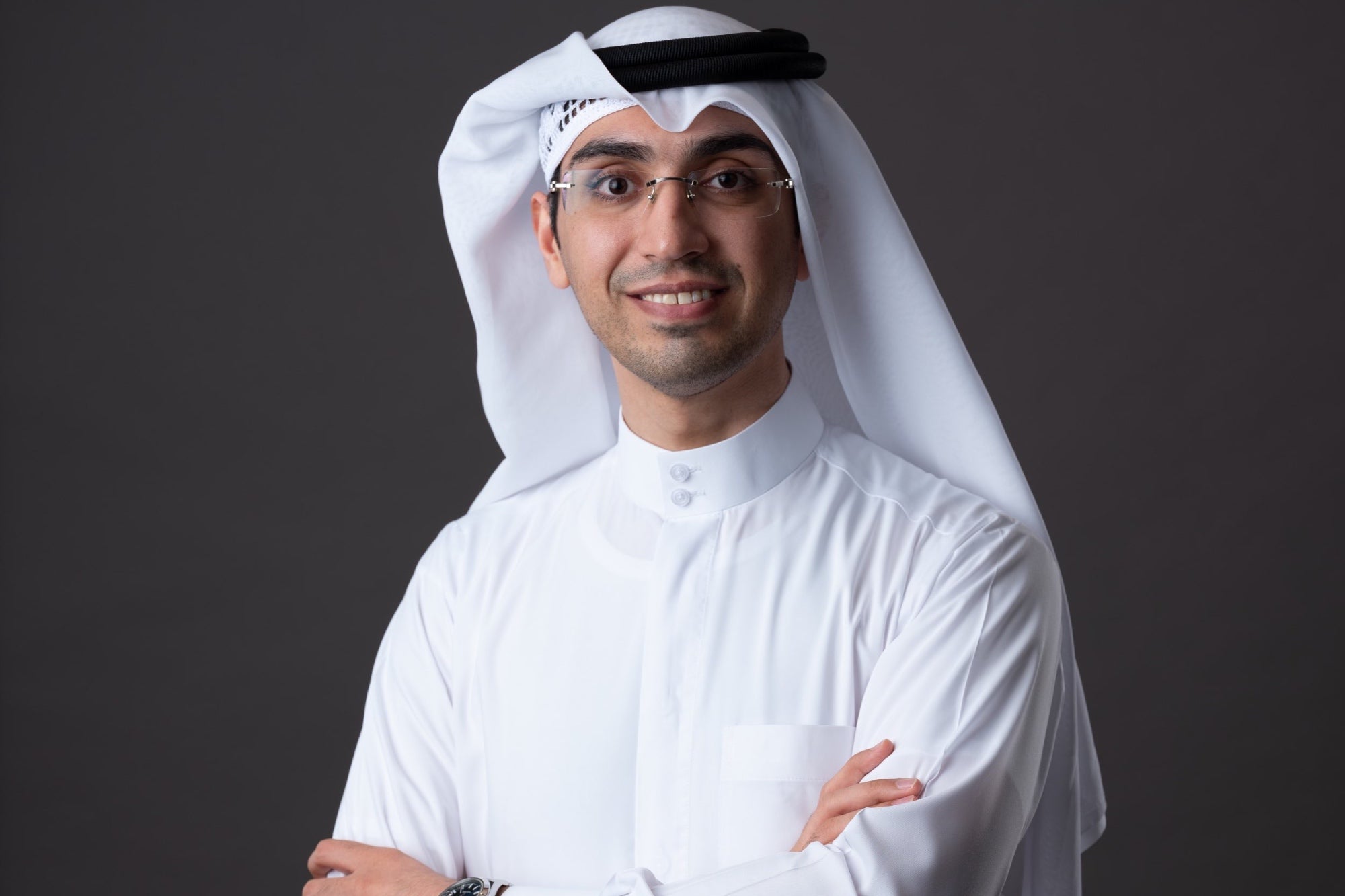Negotiating A Global Acquisition For Your MENA Business? Here's What You Need To Know Tips for Middle Eastern companies navigating international acquisitions, and the challenges and opportunities these bring.
By David Jones
Opinions expressed by Entrepreneur contributors are their own.
You're reading Entrepreneur Middle East, an international franchise of Entrepreneur Media.

In an era marked by an increasing globalisation of markets, the landscape of business acquisitions has evolved significantly. Companies in the Middle East engaging in global acquisitions must adeptly balance cultural differences, legal nuances, and market-specific considerations to unlock the full potential of these strategic ventures.
We at The Talent Enterprise (TTE), a leading psychometric and talent assessment technology company based in the United Arab Emirates, were recently acquired by a global leader redefining the world of work and business. As we navigated the different opportunities and challenges that come with a global acquisition, here are our suggestions on points to consider if you are in the midst of a similar negotiation:
1. MAINTAIN AN OPEN LINE OF COMMUNICATION Establishing open communication and a relationship of trust between the respective leadership teams is fundamental, and, ultimately, the most important factor to consider. Having enjoyed a long-standing partnership with the acquiring company over the years, we are fortunate to possess a deep understanding of one another, firmly believing in our shared cultural foundation. Stereotypes often exist about dealing with global organizations, including perceptions about how a Middle Eastern tech-enabled entity can deliver true innovation, while being fully compliant to international standards. However, ongoing dialogue and transparency have the potential to establish new standards of mutual trust and confidence. This also enables the overall harmonizing of business models and streamlining of processes to ensure synergies that will drive growth and efficiency post-acquisition.
2. MANAGE CLIENT EXPECTATIONS Staying close to clients is critical throughout the transition, reassuring them that ongoing changes will not impact service quality and delivery. Clients should continue to experience the same level of excellence they were accustomed to prior to the acquisition. At The Talent Enterprise, we took the opportunity to consult with several key clients before any formal announcement, and I believe this was appreciated by them. As we progress, following the receipt of regulatory approvals, we are committed to maintain open communication with our clients as we embark on integrating and expanding our offerings to empower them to succeed in an environment marked by volatility, uncertainty, complexity, and ambiguity (VUCA).
Related: 10 Factors To Consider When Making An Acquisition
3. PRIORITIZE TALENT MANAGEMENT It's a well-worn cliche to say that "our people are our greatest asset," although in this type of acquisition, it clearly has veracity. As members of the leadership team, we consulted and engaged with key team members, and established compelling win-win strategies to ensure crucial talent shared our excitement for future opportunities. Retaining, developing, unleashing, and enabling present and future colleagues to achieve their full potential is a vital part of any global acquisition. This mirrors the support that should be extended to clients, remaining dedicated to delivering similar opportunities and encouragement to them and the team. Additionally, it's essential to prioritize clear and transparent communication with employees regarding the specifics of the acquisition, and its implications for them. It is crucial that our employees are the primary recipients of this information, preceding both clients and the press.
4. FOCUS ON LEGAL AND REGULATORY COMPLIANCE Companies need to keep in mind that, when operating across various jurisdictions, there are distinct legal frameworks that apply. Navigating a global acquisition necessitates a comprehensive grasp of the diverse legal frameworks that govern multiple jurisdictions. Understanding and complying with these regulations is non-negotiable, and it can encompass a broad spectrum that includes corporate laws, taxation, labor laws, data protection, intellectual property rights, and industry-specific regulations. Each country or region may have unique compliance requirements that need to be thoroughly understood and adhered to during the acquisition process. Further, being fully aware of antitrust and competition laws that might restrict or scrutinize mergers or acquisitions is also critical. Compliance with these laws is essential to avoid legal challenges and fines.
5. ENSURE RISK MANAGEMENT Risks related to organizational culture, mismatched expectations, and rapidly changing economic landscapes are often present in global acquisitions. In recent years, our industry has witnessed a fair bit of consolidation, providing us with valuable insights and learnings from instances where teams and technology have been compromised. When it comes to technology, our clients' needs come first. We worked diligently to ensure they received continued and uninterrupted access to our talent assessment technology, while upholding the highest standards of data security. Whilst regulatory standards and technology challenges may vary across various regions and industries, these can be effectively bridged with confidence, if a common understanding and shared goals are established at the outset of the process.
With the aforementioned key points in mind, discussions with global entities can be consistently positive and productive throughout negotiations. As businesses venture into cross-border acquisitions, the emphasis should not just be on the immediate gains, but also on building resilient, culturally harmonious organizations that thrive in the long run. This goes a long way in ensuring continued success, empowering organizations to weather changes, confront challenges, and capitalize on emerging opportunities within an ever-changing global landscape.
Related: Getting One's Ducks In A Row: Tracking A Lux Journey, From Startup To Acquisition













